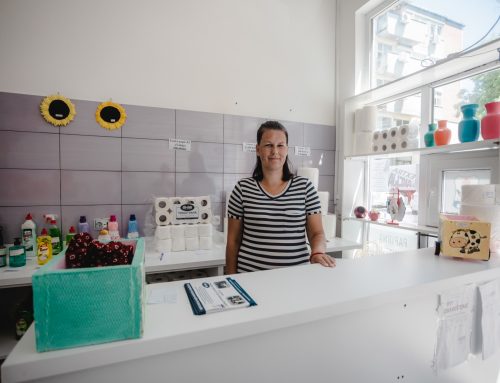In the future, all countries negotiating membership to the EU will have to follow the Croatian model of joining this organisation, said Gordan Markotić Croatian Ambassador to Serbia, addressing the Faculty of Political Sciences’ students that have visited the Embassy of the youngest EU member, within the “Open Doors” manifestation organised by the EU Info Centre.
The fact that Croatia joined the EU produced a positive effect for other countries in the region because it “made possible for others to join as well,” said Markotić, adding that “breaking the ice” was important for Western Balkans countries.
There is a necessity of constant public administration reforms, which is among the obligations of the EU accession process, but once a country becomes a member, functioning of the judiciary improves, it becomes more efficient; mobility of workforce enhances, the quality of life improves, whereas the consumer protection strengthens, the Ambassador said.
Head of Serbia’s EU negotiating team Tanja Miščević, who attended the meeting of Serbian students with the Croatian Ambassador, said it was important that Croatia could provide to Serbia during the EU integration process technical as well as any other assistance. She said that, with certain adjustments applied, the instrumental structure created by this country on its EU path, would fit Serbia as well.
“Open Doors” manifestation is part of the Open Europe programme, organised in May and June on the occasion of Europe Day. Open door days are traditionally organised by the EU Member States’ embassies, so as to bring their countries closer to visitors. This year, events are organised by 14 embassies: France, the Netherlands, Greece, Croatia, Hungary, Bulgaria, Germany, Belgium, Finland, Poland, Austria, Czech Republic, Romania, and Italy.



